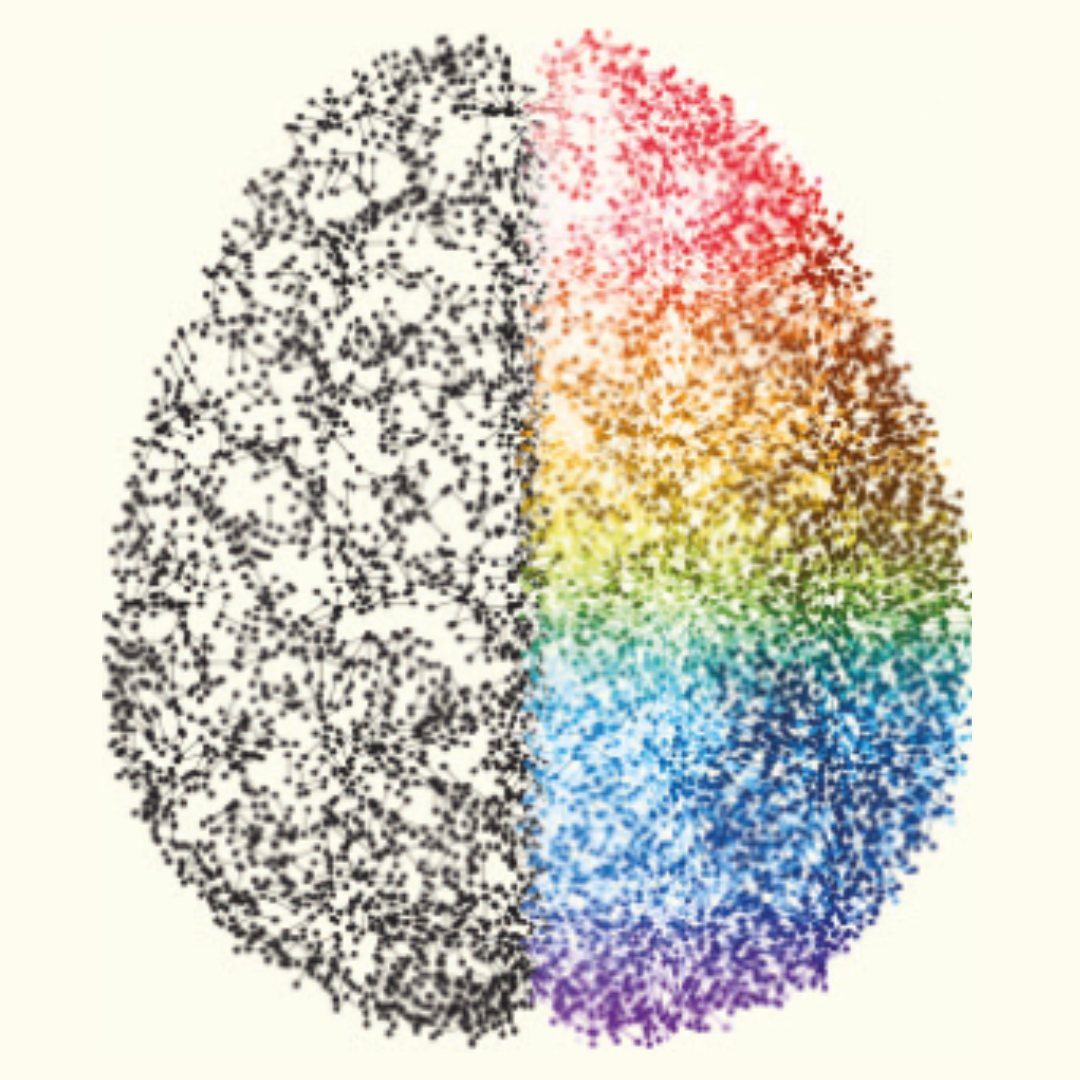Feeling happy at work shouldn’t be unachievable: it’s now time for deeper change to this workplace “norm”
It took me until I was 33 to truly feel happy at work. To finally find a belonging, an employer that felt safe and a line manager who could support me to grow.
I was years into my working life until I found this belonging, acceptance and feeling of being happy at work. Let’s just reflect on this for a moment. It took me twelve years of bad practice, unsupportive managers and psychologically unsafe environments, to then change jobs and experience the opposite. It was only last year when I finally understood what a good workplace should feel like. How colleagues should behave towards you and that work should be a positive place to be. I now understand what inclusion and equity really mean.
Have you ever felt happy at work? What does happiness in a workplace even mean or look like to you?
Some people never get there. They will never feel happy in the work they do, and this breaks my heart. Feeling unhappy, stressed or burnt out at work should not be the accepted norm in 2023. Yet for so many workers, this is their reality. And for neurodivergent folk having to fight to feel included at work is often the norm.
In the Business in the Community report, “what if your job was good for you?” it was cited that only 56% of employees felt comfortable talking to their line manager about mental health such as anxiety and depression, and only 38% felt that their managers have the confidence to have sensitive discussions and to signpost to help if needed. This is terrifying.
This week marks the start of International Week of Happiness at Work, a time for organisations, managers, employers and employees around the world to pause and reflect on their own workplace happiness and ways we can design workplaces to promote employee well-being. Research shows that when people are happy in their job, productivity increases, it improves staff retention and reduces time off for work-related stress and burnout. After writing a book about neurodivergent inclusion at work, due to be published by Cherish Editions at Trigger Publishing early next year, I’ve considered, and probably more extensively than I have ever before, what it means to finally feel happy at work, ways to build psychological safety into our workplaces and how we can learn from systems change and co-design approaches to make work a better place to be for everyone. I know that when ensuring neurodivergent folk feel happy and supported, universal design, systemic inclusion and creating a safe environment where difference is accepted and celebrated is important, and vital for us to A) want to stay in a job and B) bring our best, authentic selves to work,
Advertisement
Privacy Settings
The process of writing my book has taught me a great deal about myself, and the world around me. As I’ve written, I’ve reflected on previous workplace experiences, my understanding of my own neurodivergent identity and considered my current job and how things have changed. My employer has taught me what a good workplace looks like, how it feels to be managed well, and why what I experienced before was not the way it was supposed to be. We spend a lot of our lives in the office, on zoom calls and at work, with colleagues, customers, clients, or patients and with those who manage us. Our routine is dictated by the workday, and life is often built around our careers and aspirations for the future. As children we dream about the job we will have when we’re older, an entirely positive dream, often depicting achievements, success, happiness and pride. And when we do enter the world of work, we spend so much time there, but often our reality doesn’t mirror the image of our future in that childhood dream. We’re supposed to enjoy and be happy while at work, yet many of us experience the opposite. Work should not make us feel afraid, anxious, or ashamed. And a line manager is not meant to ignore you or not meet your needs. Colleagues are not meant to bully you. These things – often resulting in trauma – are not normal. It is not okay for a workplace, wherever we work, to make us feel like this. That our contributions aren’t valued, and our differences are the problem.
We need more leaders and managers who can recognise everyone’s value, to go beyond the bare minimum to support and help us grow. To know that to really make systemic inclusion possible, reasonable adjustments are not enough. We need people at the top of organisations who know that a happy workplace based on the principles of psychological safety is the way forward, and the way for organisations to truly grow and develop is to adopt this safety in practice and culture. Moving beyond the traditional way of working and doing things because of the generic responses of ‘it’s always the way things are done around here’ will create healthier workplaces for everyone’s wellbeing, so we can all finally bring our authentic true selves to work. And of course experience some degree of workplace happieness. As at the end of the day, we spend far too much time at work for our biggest dream to be 5pm on a Friday.
It Is now time for deeper organisational change in workplaces, beyond the online campaigns, and people talking about it. It’s great that we’re all talking more and feeling comfortable being vulnerable in ways that didn’t seem possible before, but now we’re here, we must translate that talking into action. My book has the subtitle; “Finding the words and exploring the actions for psychologically safe environments”, because without action, our words have no meaning. After this week is over, we must continue to strive to make the workplace a good place to be everyday of the year.
We have seen since the Covid-19 pandemic, when people had no option but to work from home, an adjustment many disabled people have requested and been denied in the past, that it is possible to be accessible and to provide things that were once unheard of as a possibility. Now more people are working from home, and many neurodivergent people are feeling happier and less overwhelmed as a result. We have seen that it works as a model and does not limit productivity as was once feared. We can all develop and learn from this.
My own understanding has grown, I know things now that I wish were discussed with me when I first started navigating how my neurodivergent brain would fit in at work, and the barriers I would then go onto face. I have learned to avoid justifying or explaining myself too much to other people, or apologising for things that are directly linked to my neurodivergence. Women are conditioned to say sorry far too often and for things that are not worthy of an apology or admission that it is your fault, and I’m trying to move away from this narrative. Instead, I want to own my differences and be realistic about the challenges too. I especially don’t need to apologise for the way I think or process information to fit in. Or made to feel bad or unhappy about this reality. A reality that is part of me, and will never change, no matter how much an employer wants me to. I hope that this blog post, the inclusion at work guide I wrote earlier this year, and my book is picked up not just by ND people looking to hear a story from someone with similar experiences, but by managers and employers too. I say there must be change, but this should never come solely from people negatively affected by the reality, whether this is unhappiness at work, not being included or discrimination. This is because:
The onus should never be on the neurodivergent person to advocate and “explain”. We don’t need to change or do ‘anything’. We are not the problem.
The responsibility lies with the employer and line manager to make a workplace neurodivergent inclusive, and to promote happiness and belonging for everyone. Whilst also recognising that being unhappy or vulnerable at times is not a weakness of the employee.
Neurodivergence is complicated and every ND person is different, with individual needs when at work. The time, care and understanding shown towards any employee with differences can be life changing. When I was new to the world of work, I feared speaking honestly as I was so worried someone would use it against me, and I didn’t disclose because negative stereotypes taught me that having a disability made you weak and incapable. I didn’t want to be any of these things. Now with more experience and understanding of my neurodivergence; I disclose on application forms, drop a load of papers all over the floor when I first meet people and explain honestly what my neurodivergent brain needs from a line manager in the middle of an interview. I’m a world away from the trauma I’ve experienced previously, and more accepting of my differences. Being in this space has given me the permission to reflect on the dreaming I did years ago, when I always believed I was destined to be my own advocate, fighting for “reasonable adjustments” to make those simple things that seemed overwhelming, easier. But actually, I don’t need to anymore – although memories of previous workplaces still haunt me and I often still question myself – I can let the guard down slightly now, knowing there are places out there that are built to include, value, accept and love us. And we can be who we are at work, who we always will be.

